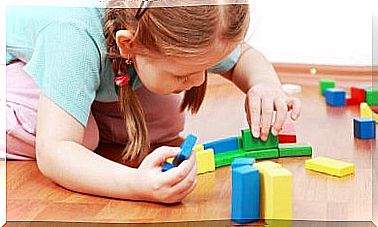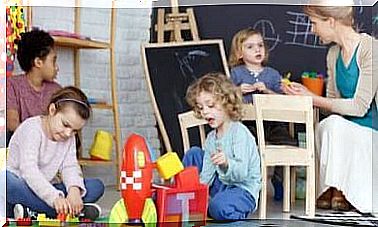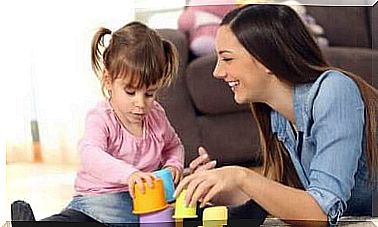Avoiding Argument In Front Of A Child

In every human relationship – and especially in a relationship – there are sometimes disagreements over how to act in certain situations. It is important for parents to be able to handle conflict situations properly, otherwise the situation may worsen and negatively affect the whole family. Especially avoiding arguing in front of a child is very important.
Avoiding arguing in front of a child
1. Remember empathy
Open the conversation by expressing respect for your partner. Recognize that your partner’s perceptions and feelings are valid, even if you disagree with them. By positioning your partner and acknowledging his or her personality, you are showing positivity.
2. Believe in a partner to mean just good
Whatever the dispute, assume that neither of you has bad intentions. Even if situations become uncomfortable and hostile, it is important to find a balance in the situation. Even if you have different opinions, treat each other with love and respect.

3. Remember that you are on the same team as your partner
Even if you disagree on something, it is important to remember that you are both looking for a good solution. If there is a problem to solve, put all the cards on the table and look for the best possible solution. Don’t let your disagreements put each other at odds.
4. Express yourself in a positive way
Criticizing, condemning, and insulting a partner only causes more discord and makes matters worse. The best example you can give your child is to show respect and tolerance even in the most difficult situations. Every dispute should improve the future and prevent the same mistakes from being made again.
Other tips to avoid arguing in front of a child
- Disagreements between parents should remain between the parents and should not be related to the child. Parents should not pressure the child to witness or take sides. Wait for the right time to clear things up.
- If for any reason the dispute escalates in the presence of a child, remember to apologize to the child after you have calmed down. Explain to the child that he or she is in no way involved in the dispute.
- Write down your thoughts and feelings before expressing them to your partner. It helps to give a clearer and more objective picture of what is causing the disagreement with the partner.
- If disputes occur frequently and turn into larger conflicts, it is necessary to seek the help of a professional. In many cases, a third party helps maintain peace in the family and turn the situation back to normal. It also makes it possible to avoid arguing in front of a child.
How can aggressive disputes affect a child?
- Fear and anxiety. The child may become tense, fearful, and anxious and may feel insecure as the parents quarrel. The home should be the place where the child feels loved, protected, and safe.
- Feeling of guilt. If a child believes that a parent dispute is his fault, a sense of guilt is inevitable.

- Low self-esteem. Insecurity and a sense of guilt make the child feel worthless and invisible. It is important for a child to know how important part he or she is to the family.
- Stress. A child or young person may experience that he or she is expected to choose a side in a dispute between parents, which can cause him or her stress.
- Distorted image of parents. The child absorbs everything he sees and hears at home. If he sees only two aggressive adults who can express themselves only by insulting each other, he will follow the example set by his parents.
Parenting requires self-control, judgment, and communication skills. It is important for parents to show the child that their family is doing well and that their home is a safe place. Disagreements arise in every family, but it is possible to deal with them constructively.









